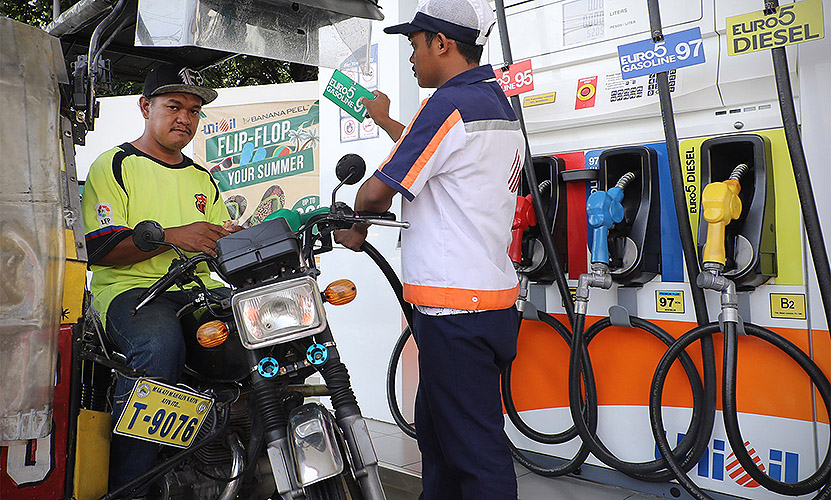Senator Win Gatchalian wants to put in place an energy subsidy program that will provide a safety net for the public transport sector from oil price increases and subsequently deter fare hikes for the benefit of the commuting public.

Gatchalian noted that as a result of world oil price increases in recent months, the Land Transportation Franchising and Regulatory Board (LTFRB) has said that another round of fare hike is expected within the month based on a petition by jeepney drivers’ groups to raise anew the minimum jeepney fare. Similar fare hike petitions filed by operators of buses, UV Express, and Transport Network Vehicle Service (TNVS) are also pending with the LTFRB.
Under Gatchalian’s Senate Bill No. 384, the proposed energy subsidy program seeks to institutionalize the government’s “Pantawid Pasada” program which provides fuel subsidies for sectors affected by oil price hikes.
“We cannot afford to allow high oil prices to disrupt the country’s economic recovery. Our people have suffered long enough from the economic shock caused by the pandemic. We hope that the energy subsidy program will provide sufficient protection for both the public transport sector and our commuters,” the senator said.
As the ongoing Ukraine-Russia conflict is likely to persist, high global oil prices may continue to linger, thus the need to establish a mechanism that would protect PUV drivers and operators from such price movements, Gatchalian emphasized.
The proposed measure provides that the subsidy shall be granted to qualified beneficiaries when the average price of Dubai crude for three consecutive months is equal to or greater than $80 per barrel such as the case now. Since Russia invaded Ukraine, Dubai crude surged to as high as $120 per barrel in March and hit $96.51 per barrel last August 31.
This proposed legislation, Gatchalian added, requires the use of digital payment systems in the distribution of the subsidy and imposes penalties against erring government officials for failure to ensure the timely release of the subsidy to all qualified beneficiaries.
“Ang pagtaas ng presyo ng langis ay palaging may masamang epekto sa ating ekonomiya. Sa sektor ng pampublikong sasakyan, ang anumang pagtaas ng presyo ng langis ay kumakain sa pang-araw-araw na kita ng ating mga tsuper. Kung hindi tayo gagawa ng programa na magpoprotekta sa kanilang kita mula sa pabago-bagong mataas na presyo, ang kabuhayan ng ating PUV drivers ay patuloy na manganganib,” Gatchalian ended.


